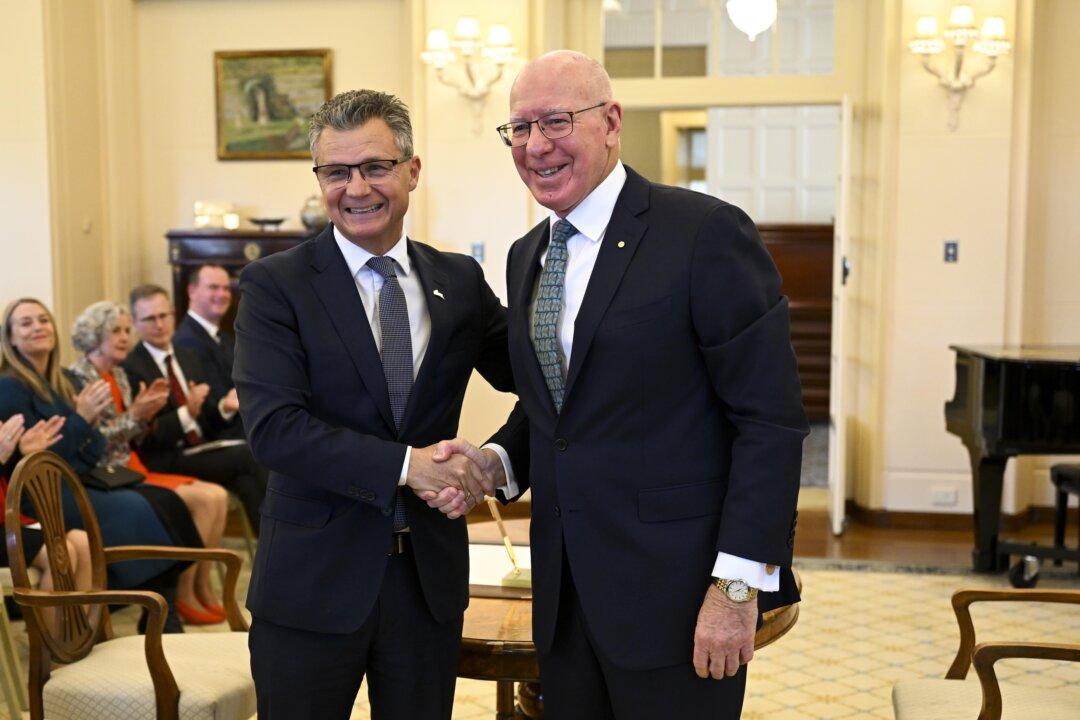Commentary
Australia’s newly appointed Prime Minister Anthony Albanese has announced his ministry last week. One of the ministers he has appointed will serve as the “Assistant Minister for the Republic.”

Australia’s newly appointed Prime Minister Anthony Albanese has announced his ministry last week. One of the ministers he has appointed will serve as the “Assistant Minister for the Republic.”